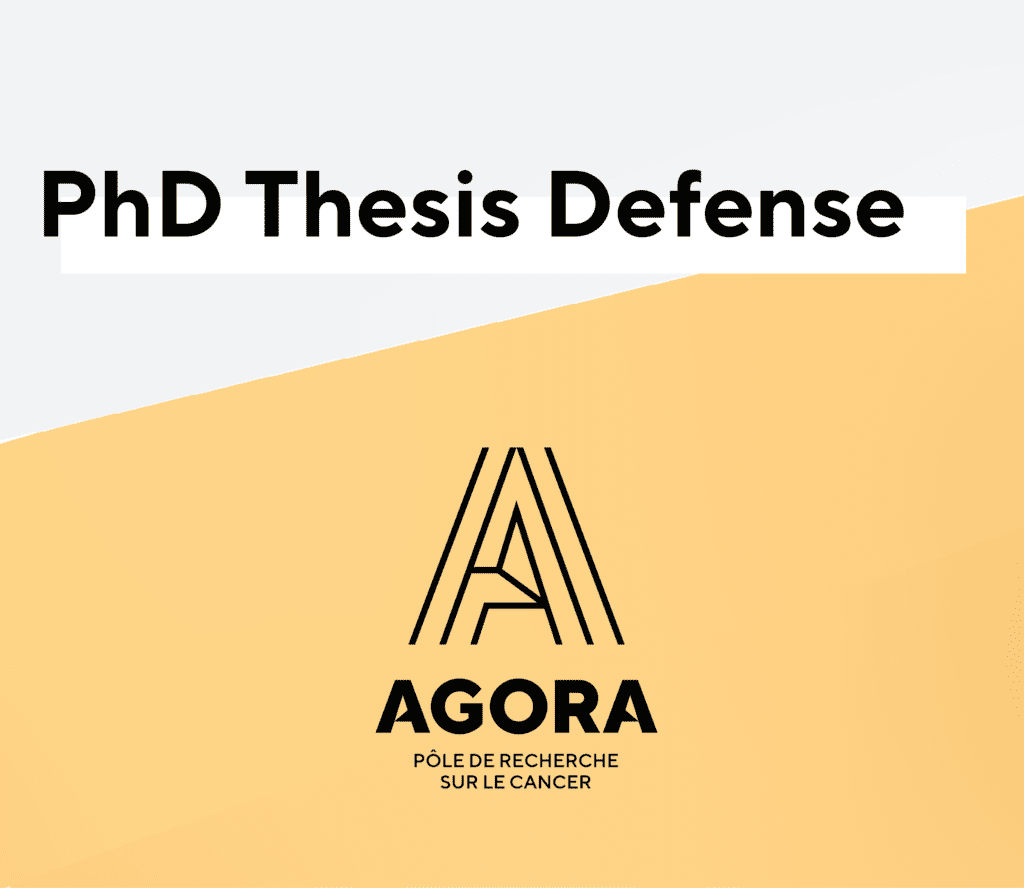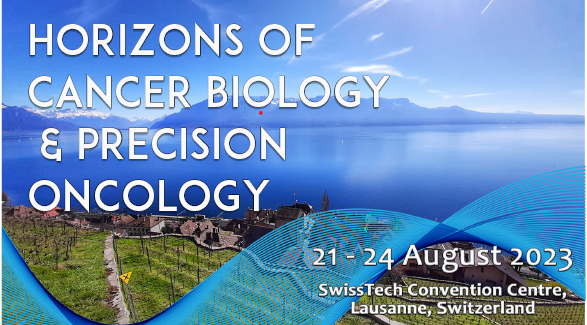Huelsken lab
The lab continues to investigate mechanistic and therapeutic implications of the cancer stem cell concept, seeking to identify targetable mechanisms of cancer progression. New approaches of immunotherapy are currently developed which aim to eradicate established tumors by elimination of cancer stem cells and immune checkpoint blockade. Furthermore, in the last couple of years a focus has been the development of new therapeutics based on drug screens, therapeutic antibodies and antibody drug conjugates isolated and produced in the lab. The laboratory is currently studying mouse models of breast, lung, pancreas, and colon cancer with an emphasis on metastatic disease. Topics of investigation include mechanisms of niche induction, stromal reprogramming, and immune evasion. ...
Research projects
Cancer Stem Cells (CSCs)
Similar to their normal tissue stem cell counterpart, cancers have been shown to contain a subset of so called cancer stem cells (or tumor initiating cells) that have the unique ability to perpetuate tumor growth and heterogeneity in serial transplantation experiments. Initially identified in leukemia, they have been subsequently described in a variety of solid cancers like glioblastoma, breast, colorectal, liver, prostate, and pancreatic cancer. CSCs are often rare within the tumor cell mass and, in addition, notoriously resistant against chemotherapeutic agents as well as radio- and immunotherapy. Accordingly, CSCs are thought to be the main cause of recurrence, even many years after patients were clinically staged as tumor-free. For example in breast cancer, recent results have demonstrated the important role of CSCs for metastatic spread which is still the main cause of cancer-related deaths. It is now well accepted that future therapy will have to consider this cancer cell subpopulation and, indeed, first attempts to specifically target CSCs have shown promising results.
Metastasis
Metastasis formation is cause of cancer-related death in over 90% of patients. However, our knowledge on how metastases initiate and grow is still rather limited. Surprisingly, it has been observed in experimental models that metastasis formation is a rather inefficient which likely reflects an inappropriate communication between tumor cells and the local microenvironment at a distant location in contrast to the primary site in which the tumor has initially evolved. Only a few disseminated tumor cells might be able to cope with the new environment. Our research aims to identify such restrictive mechanisms in order to develop preventive treatment strategies.
Immunotherapy
Enhancing immune activity against cancer is an attractive approach which combines specificity and multi-dimensional targeting. Immunotherapy holds several advantages over conventional therapies. First, immunotherapy often results in better controllable side effects, enabling it to be administered for longer periods of time. And because of the immune system’s ability to target multiple cancer antigens simultaneously, patients may also be less likely to develop resistance. Checkpoint blockade has been established as an immunotherapy with encouraging results in different cancer types. However, still a majority of patients does not show benefit from this type of treatment indicating that current strategies may miss several important mechanisms of immune evasion. One aspect which has not been sufficiently considered is how subpopulations of cancer cells and in particular cancer stem cells (CSCs) respond to immunotherapy. CSCs have the unique ability to perpetuate tumor growth and to initiate metastasis formation and we are working to improve immunotherapies targeting this highly relevant population of cancer cells.
Latest publications
Metabolic dependencies of metastasis-initiating cells in female breast cancer.
Young CM, Beziaud L, Dessen P, (...), Madurga Alonso A, Santamaria-Martínez A, Huelsken J
Nature communications – 2023 Nov 4
TORNADO-seq: A Protocol for High-Throughput Targeted RNA-seq-Based Drug Screening in Organoids.
Norkin M, Huelsken J
Methods in molecular biology – 2023 Jun 14
In Vitro and in Vivo Assays for Testing Retinoids Effect on Intestinal Progenitors’ Lineage Commitments.
Gajera KR, Fair KL, Moran GW, (...), Hannan NRF, Huelsken J, Ordóñez-Morán P
Methods in molecular biology – 2023 Jun 14
IFNγ-induced stem-like state of cancer cells as a driver of metastatic progression following immunotherapy.
Beziaud L, Young CM, Alonso AM, (...), Norkin M, Minafra AR, Huelsken J
Cell stem cell – 2023 Jun 1
Platform combining statistical modeling and patient-derived organoids to facilitate personalized treatment of colorectal carcinoma.
Ramzy GM, Norkin M, Koessler T, (...), Guerrier S, Huelsken J, Nowak-Sliwinska P
Journal of experimental & clinical cancer research – 2023 Apr 3
Team

Other members
Selected Publications
γ-Catenin-Dependent Signals Maintain BCR-ABL1+ B Cell Acute Lymphoblastic Leukemia.
Luong-Gardiol N, Siddiqui I, Pizzitola I, (...), Bourquin JP, Huelsken J, Held W
Cancer cell – 2019 Apr 15
Machine Learning Identifies Stemness Features Associated with Oncogenic Dedifferentiation.
Malta TM, Sokolov A, Gentles AJ, (...), Laird PW, Noushmehr H, Wiznerowicz M
Cell – 2018 Apr 5
A Subset of Cancer-Associated Fibroblasts Determines Therapy Resistance.
Huelsken J, Hanahan D
Cell – 2018 Feb 8
Long-Term Engraftment of Primary Bone Marrow Stromal Cells Repairs Niche Damage and Improves Hematopoietic Stem Cell Transplantation.
Abbuehl JP, Tatarova Z, Held W, Huelsken J
Cell stem cell – 2017 Aug 3
Outside-in integrin signalling regulates haematopoietic stem cell function via Periostin-Itgav axis.
Khurana S, Schouteden S, Manesia JK, (...), Huelsken J, Lacy-Hulbert A, Verfaillie CM
Nature communications – 2016 Dec 1
Microfluidic co-culture platform to quantify chemotaxis of primary stem cells.
Tatárová Z, Abbuehl JP, Maerkl S, Huelsken J
Lab on a chip – 2016 May 3
Phage Selection of Peptide Macrocycles against β-Catenin To Interfere with Wnt Signaling.
Bertoldo D, Khan MM, Dessen P, (...), Held W, Huelsken J, Heinis C
ChemMedChem – 2016 Jan 26
HOXA5 Counteracts Stem Cell Traits by Inhibiting Wnt Signaling in Colorectal Cancer.
Ordóñez-Morán P, Dafflon C, Imajo M, Nishida E, Huelsken J
Cancer cell – 2015 Dec 14
Complex metastatic niches: already a target for therapy?
Ordóñez-Morán P, Huelsken J
Current opinion in cell biology – 2014 Jul 16
The niche under siege: novel targets for metastasis therapy.
Santamaria-Martínez A, Huelsken J
Journal of internal medicine – 2013 Aug
Autolysosomal β-catenin degradation regulates Wnt-autophagy-p62 crosstalk.
Petherick KJ, Williams AC, Lane JD, (...), Malik K, Paraskeva C, Greenhough A
The EMBO journal – 2013 Jun 4
Metastasis: New insights into organ-specific extravasation and metastatic niches.
Irmisch A, Huelsken J
Experimental cell research – 2013 Feb 21
Lrig1: a new master regulator of epithelial stem cells.
Ordóñez-Morán P, Huelsken J
The EMBO journal – 2012 Mar 20
Interactions between cancer stem cells and their niche govern metastatic colonization.
Malanchi I, Santamaria-Martínez A, Susanto E, (...), Lehr HA, Delaloye JF, Huelsken J
Nature – 2011 Dec 7
Cutaneous cancer stem cell maintenance is dependent on beta-catenin signalling.
Malanchi I, Peinado H, Kassen D, (...), Cano A, Birchmeier W, Huelsken J
Nature – 2008 Apr 3
Related news
Events
AGORA Sustainability Day
Events

PhD Thesis Defense | October 13th
Events

PhD Thesis Defense | September 15th
Events

ISREC-SCCL Symposium 2023 | August 21-24
Events

AGORA PRS | April 4th
Events

AGORA Progress Report Series, June 28th
Events






